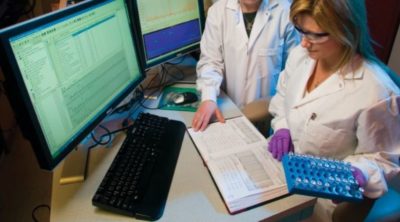The history of electricity recounts how the old world became new. Many of us now work, play, and communicate completely through electrical devices. They have become staples of our entire civilization. As we continue to think more about the environment, we will continue asking questions about where electricity comes from and how it’s used.
Read on to learn essential information about the history of electricity. This includes its invention and progression into the technology it is today.
Early History of Electricity
Scholars have known about electricity for thousands of years, since it occurs in nature. We can see it in bolts of lightning, in friction, and even in animals. However, humans didn’t know what to do with this knowledge until Ben Franklin conducted his famous electricity experiment (pun intended).
This kite flight in 1752 didn’t actually teach us how to harness electricity. Instead, it opened the door to learn more about this potential power source. Franklin introduced a principle that would inspire theories on the subject throughout the next 100 years.
Michael Faraday provided the first breakthrough in 1831. This British scientist mathematically discovered the principles of how to create and sustain electricity. He did so using experiments that involved moving magnets around coils of copper wire until they generated a current. This controlled, non-natural electricity was the starting point of all the machines and conveniences that use it.
Once created, Faraday realized, it could be controlled. In math, we still use “Faraday’s constant” today to solve problems in electricity.
Developing the Technology
There’s a huge difference between creating an electrical current in a copper wire and generating it for public use in a massive plant. We discovered ways to generate electricity on a larger scale through the use of natural fuels like gas and waterpower.
As electricity became easier to generate, more people began inventing applications for it. The telegraph sped up communication, as did Bell’s telephone, which he invented in 1876. Shortly after, Thomas Edison, of course, became the most famous of these inventors. His photograph and lightbulb are the true starts of the digital age.
This sped up the need for natural fuels like coal, gas, and oil, even though they were no longer needed for light. However, they would now be necessary to create power plants that could generate electricity to match growing demands.
Now, electricity is the hallmark of a developed country. Once people are able to refrigerate food, communicate over large distances, and connect to global networks, they become part of the world.
The Takeaway
The history of electricity involves understanding a natural force we’ve always been aware of. Unlike many modern advancements, electricity simply required technology to catch up to our desires. With the right math, this hallmark of modern living became applicable as early as the 1870s for communication, lighting, and powering devices.
Now, the world relies on it. Due to the increased demand for natural fuels to create this electricity, even power that appears clean has its cost. Understanding the invention can help us prepare for how it needs to change.


